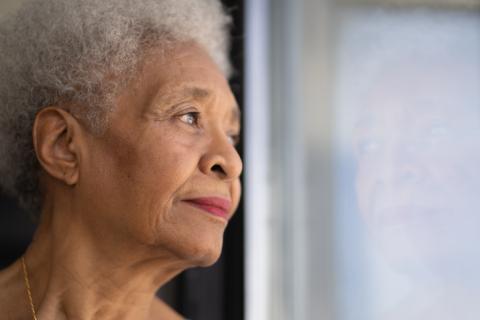Study Examines Older Adult Loneliness During the Pandemic
The University of Michigan National Poll on Healthy Aging (NPHA), conducted by the University of Michigan’s Institute for Healthcare Policy and Innovation, polled 2,072 older adults on how they were faring during the early months of quarantine. As it happens, the team had performed a poll on senior social connections during October 2018, so they were able to compare the results from the two time periods. Among their findings:
- Before the pandemic, 27% of older adults reported feeling isolated from others. The 2020 poll showed that the number had doubled to 56%.
- One-third of respondents reported having fewer interactions with friends, neighbors and family outside the home—but even causal interactions with neighbors helped reduce feelings of loneliness.
- The impact was more pronounced among seniors who live alone, are unemployed or retired, and who have health challenges and disabilities.
- A majority of the seniors polled said they continued to take part in healthy behaviors like getting outdoors, eating a healthy diet and getting enough sleep—but those who reported feeling lonely were less likely to do so.
- Technology is playing a bigger role these days. Fifty-nine percent of the seniors polled use social media, and 31% connect via video chat. But many of these seniors reported that technologies could not take the place of in-person interactions.
“The change we see in these measures in less than two years is truly remarkable,” says the poll’s director, Dr. Preeti Malani, who has training in geriatrics and infectious diseases. “The use of technology to bridge the gap, and the importance of keeping up healthy routines like exercise, sleep, a balanced diet and getting outside will no doubt continue to be important in the months ahead.”
The team reminds everyone to reach out to older relatives, friends and neighbors, to help them avoid social isolation even as they continue to practice physical isolation. For example, the AARP, who partnered in the poll, offers tools for safe social outlets (https://connect2affect.org).
“Past studies have shown that prolonged isolation has a profound negative effect on health and wellbeing—as much as smoking 15 cigarettes a day,” notes AARP’s Alison Bryant, Ph.D. “It’s not surprising that older adults reported more loneliness since the pandemic began, particularly those who live alone. We need to continue finding ways to connect and engage with one another throughout this public health crisis.”
